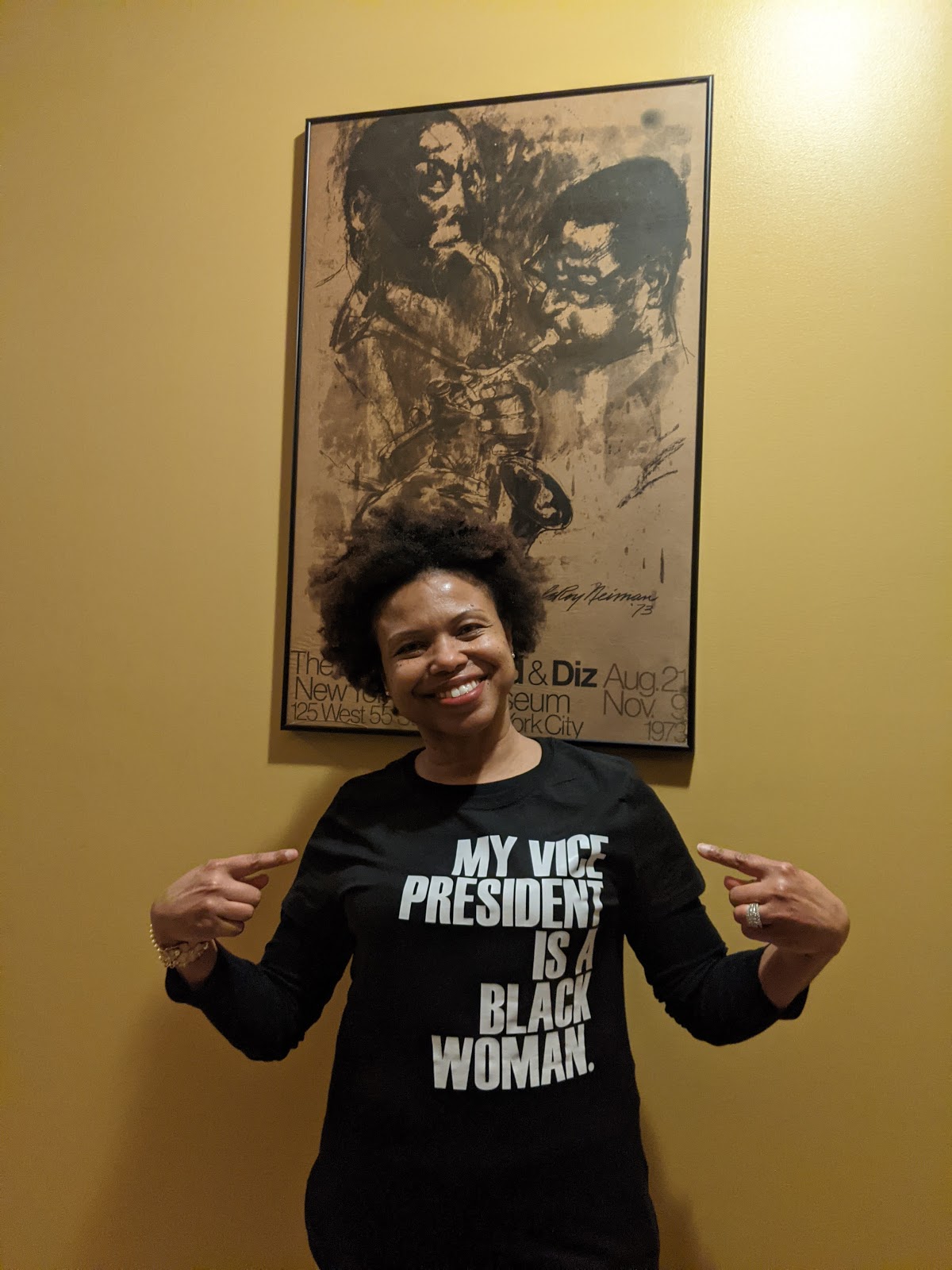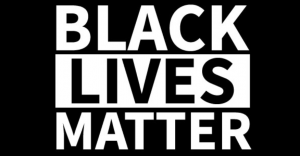 As we end Black History Month and prepare for Women’s History Month, a lot of things are coming to mind for me as a Black Woman. Intersectionality is a lived experience for a lot of people. In the U. S. there are over 22M people who identify as Black women. In the words of artist Maimouna Youseff “Sometimes being a (black) woman is like being black twice.” While our community is not a monolith, we often encounter many of the same challenges. Challenges that threaten our well-being and quality of life. This is why I believe it’s important to remind society of the contributions and challenges that Black people and women have made and face in our communities. Through these designated moments in our calendar, we can take a moment to reflect as a community about these members of our society. While reflection is essential, reflection alone does not make for change. We have an opportunity to increase our knowledge and awareness, and to use it to invoke change.
As we end Black History Month and prepare for Women’s History Month, a lot of things are coming to mind for me as a Black Woman. Intersectionality is a lived experience for a lot of people. In the U. S. there are over 22M people who identify as Black women. In the words of artist Maimouna Youseff “Sometimes being a (black) woman is like being black twice.” While our community is not a monolith, we often encounter many of the same challenges. Challenges that threaten our well-being and quality of life. This is why I believe it’s important to remind society of the contributions and challenges that Black people and women have made and face in our communities. Through these designated moments in our calendar, we can take a moment to reflect as a community about these members of our society. While reflection is essential, reflection alone does not make for change. We have an opportunity to increase our knowledge and awareness, and to use it to invoke change.
The importance of Black History Month goes back many decades. Carter G. Woodson, educator and author started Negro History Week in February of 1926. He chose the month of February because both Abraham Lincoln and Frederick Douglass’ birthdays are celebrated in this month. In 1976, Woodson’s organization, Association for the Study and Life of African American History (ASALH) would extend it to what we now celebrate as Black History Month. ASALH continues Woodson’s legacy which focuses on studying the contributions of Black people and acknowledging the challenges faced by the Black community. The intent of Black History Month is to set aside a dedicated time for the entire community to acknowledge the life and history of Black people.

This particular year in Black History, we are confronted with recent events of violence against Black people in the United States and other parts of the world. Say their names. George Floyd Ahmaud Arbery, Breonna Taylor. This increased violence against Black people during a global pandemic that is also aggressively killing Black people at higher rates, we have been forced to pay closer attention and respond differently. We also watched history unfold in the highest office of the land, as Kamala Harris became the first Black and female vice-president of the United States. These moments heightened discussions around race. Public statements were made, financial contributions were given to initiatives, and long overdue conversations and training are taking place in organizations of all types.
The SCOPES-OF Community of Practice (COP) is a group of formal and informal educators, who have taken on the responsibility and charge to teach others. An opportunity to shape the minds of future generations. In addition to teaching young people how to use design software, and build gadgets, we are also teaching them through our own social consciousness and cultural awareness. What do you want your students to remember you teaching them about some of the most important lessons of our times?
For me, I want the young people in my life to take it upon themselves to learn what they need to know about themselves and the history of others to ensure justice for all. But I also want them to understand what artist and activist Common meant when he said, ” justice for all is not specific enough.” There are structural and institutional practices in place that specifically target and harm certain groups of people. Once we understand that, we can celebrate Black people and other marginalized communities. A full history of a people includes their struggles and triumphs, as well as the context for the struggle and triumphs. The role of other people, policy, practices, and the social norms of the time. To celebrate people you must understand them and their experiences.

We celebrated several Black Makers in our community on the Fab Foundation social media platforms this month. I invite you to start by celebrating the Black people around you.
For a list of heritage observations see the resources at the links below:
https://www.loc.gov/law/help/commemorative-observations/index.php
